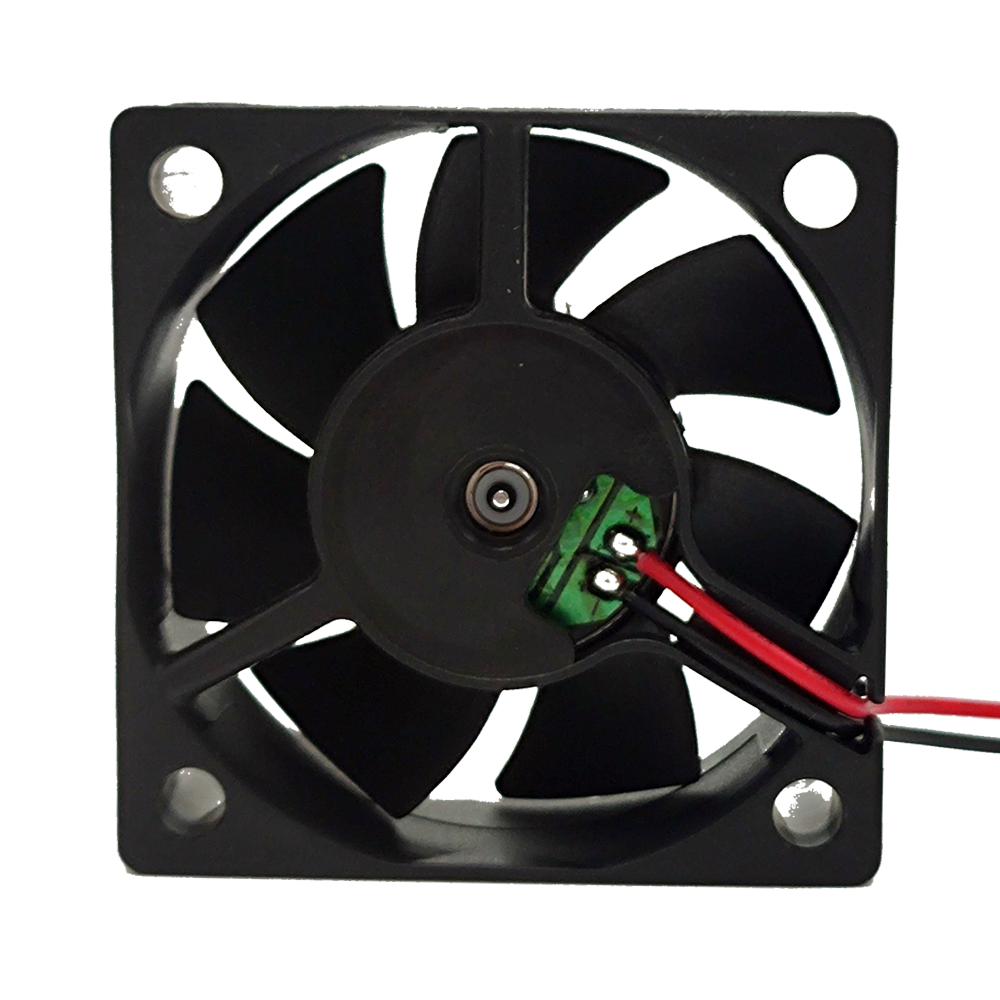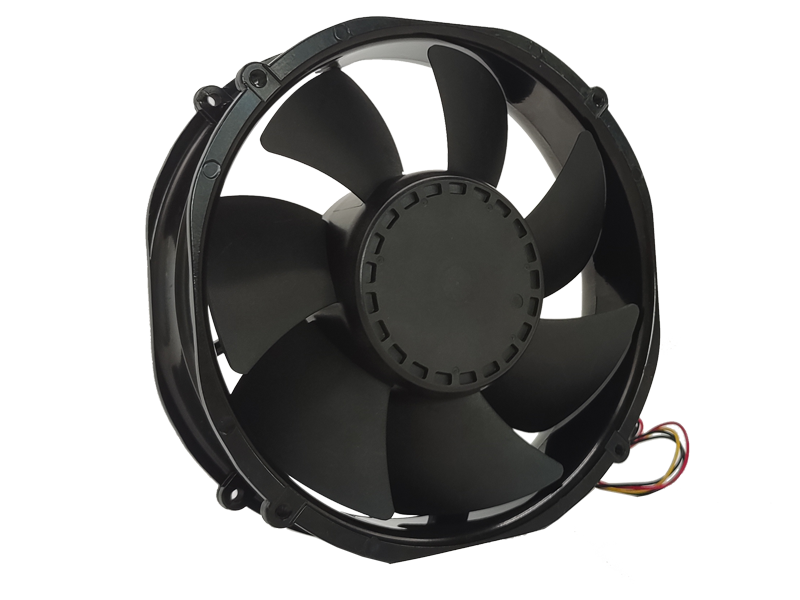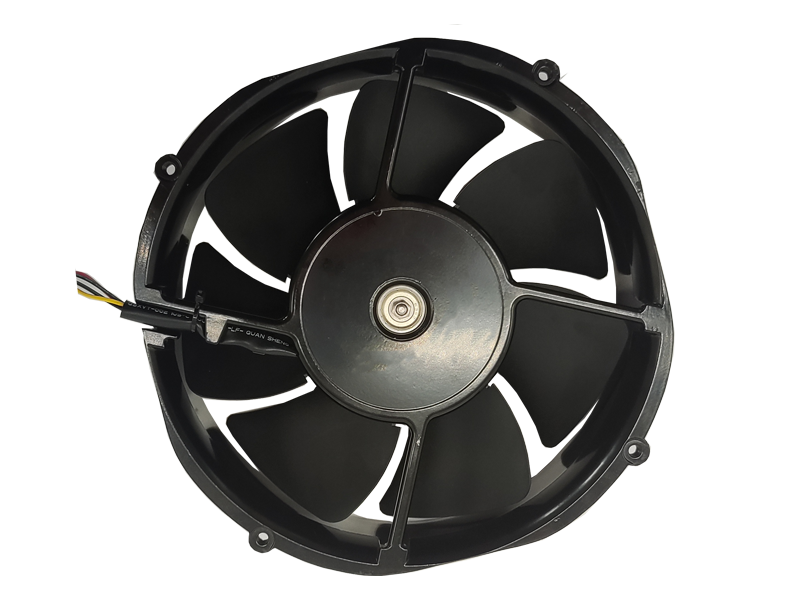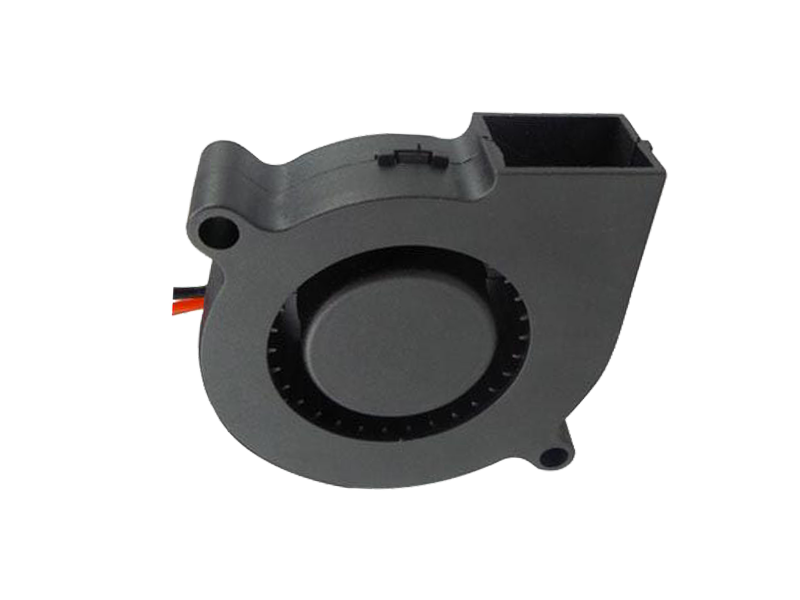Introduction
In the era of Industry 4.0, industrial fans have evolved from mechanical airflow devices to intelligent systems that solve complex environmental challenges. This article explores how product managers can create value by aligning fan design with specific industrial scenarios, transforming airflow from a commodity into a strategic asset.
I. Scene-Driven Product Architecture
Hazardous Environment Adaptation
A chemical plant in Germany faced recurrent fan failures due to corrosive vapors. The solution:
Stainless steel 316L construction with 200µm PVDF coating
Explosion-proof motors (ATEX Zone 21 certification)
Gas-tight sealing system preventing vapor ingress
Result: Maintenance intervals extended from 3 to 18 months, with 67% lower total cost of ownership.
High-Temperature Forging Workshops
An automotive foundry required fans operating at 120°C ambient temperatures. Innovations included:
Class H insulation motors (180°C rating)
Ceramic bearing systems withstanding thermal shock
Airflow cooling channels integrated into fan housing
Performance: Sustained 98% airflow efficiency at 120°C, with 42% lower energy consumption than conventional solutions.
II. Modular Design for Flexible Deployment
Plug-and-Play Architecture
A food processing plant adopted modular fans featuring:
Quick-connect air ducts (30-second installation)

Hot-swappable motor units (5-minute replacement)
Stackable control modules (IoT, VFD, emergency stop)
Outcome: Downtime reduced by 83%, with 300% faster system expansion.
Energy Recovery Systems
A textile mill implemented heat recovery fans with:
Thermoelectric generators converting exhaust heat to electricity
Phase change material (PCM) storage for nighttime heating
Dynamic airflow routing optimizing heat exchange
Results: 23% reduction in HVAC energy costs, with 18-month ROI.
III. Noise Control as a Competitive Advantage
Aeroacoustic Optimization
A library adjacent to a manufacturing facility required ultra-quiet operation. Solutions included:
Serrated trailing edges reducing broadband noise by 8dB
Resonance-damping motor mounts
Active noise cancellation (100Hz-1kHz range)
Outcome: Noise levels降至38dB(A) at 10m, enabling 24/7 operation without complaints.
Zonal Sound Management
An electronics assembly plant implemented:
Directional airflow vanes minimizing sound reflection
Acoustic enclosure integration with vibration isolation
Noise mapping software for real-time adjustment
Results: Workstation noise reduced to 62dB(A), improving operator accuracy by 19%.
Conclusion
The future of industrial fans lies in scene-driven innovation. By treating each installation as a unique ecosystem requiring tailored airflow solutions, manufacturers can transform fans from commodity products into essential components of industrial efficiency.
Recommended Products

The main purpose:Car charging station

The main purpose:Car charging station

The main purpose:Electronic refrigerators, water dispensers, direct drinking machines, inverter power supplies
Address:No. 4137, Longgang Avenue (Henggang Section), Henggang Community, Henggang Street, Longgang District, Shenzhen
hotline:13530005572(Chen)15112579390(Li)


Welcome all friends to come for consultation and negotiation.
Copyright 2024 @ Shenzhen Youneng Xinyuan Electronics Co., Ltd.,(industrial fans,industrial blowers,axial fans,cooling fans manufacturer,centrifugal fans,ac cooling fans,dc cooling fans)